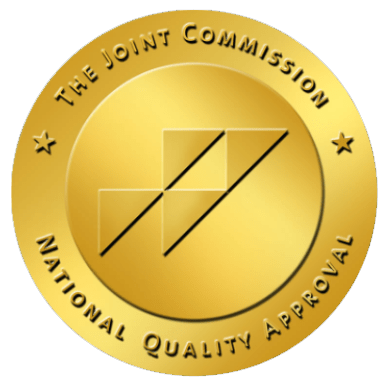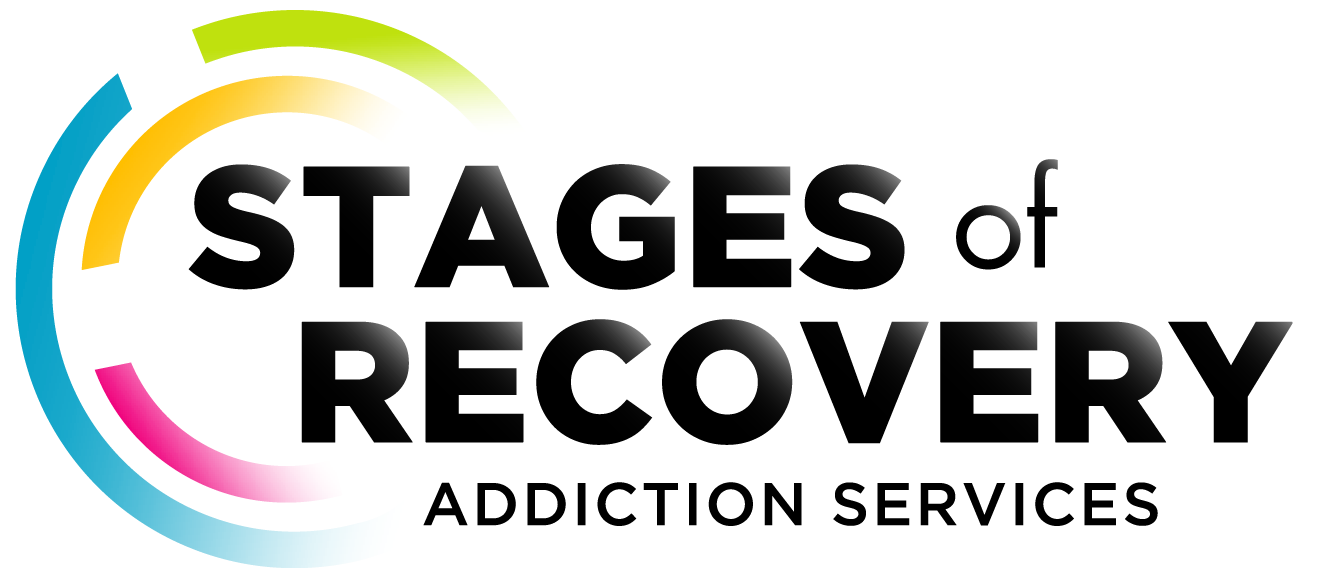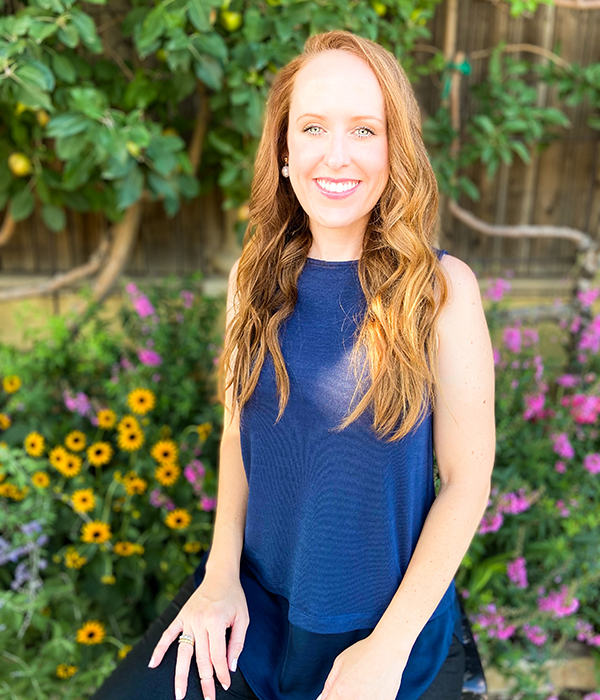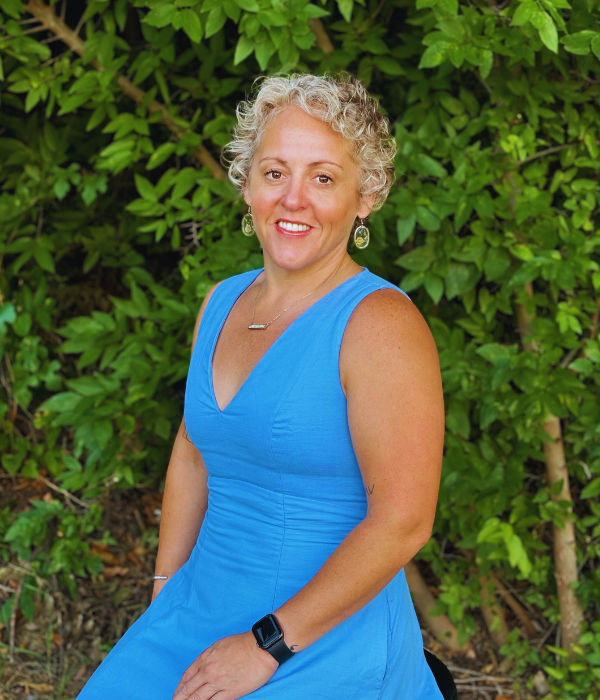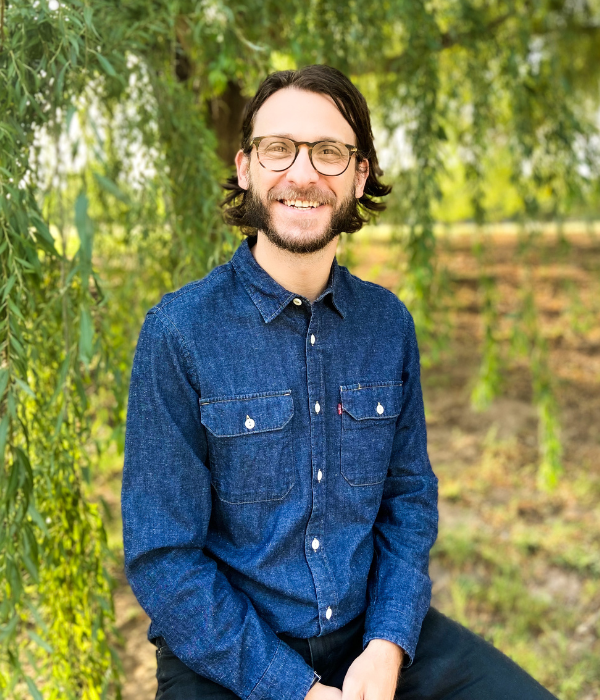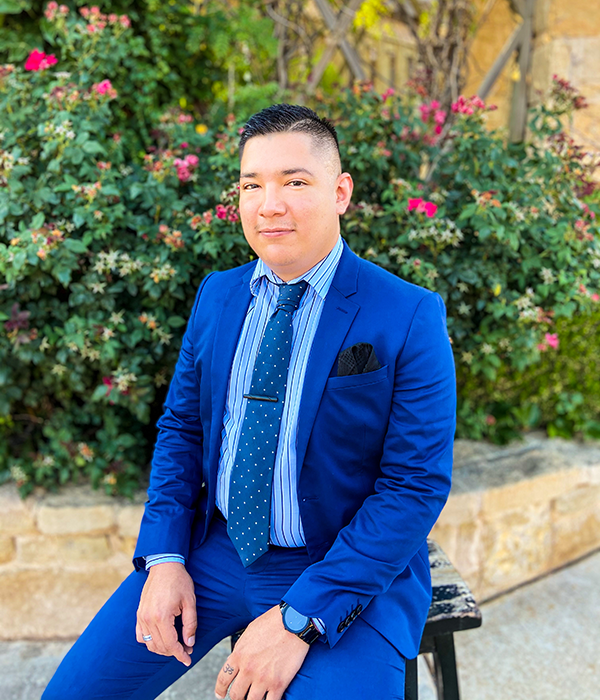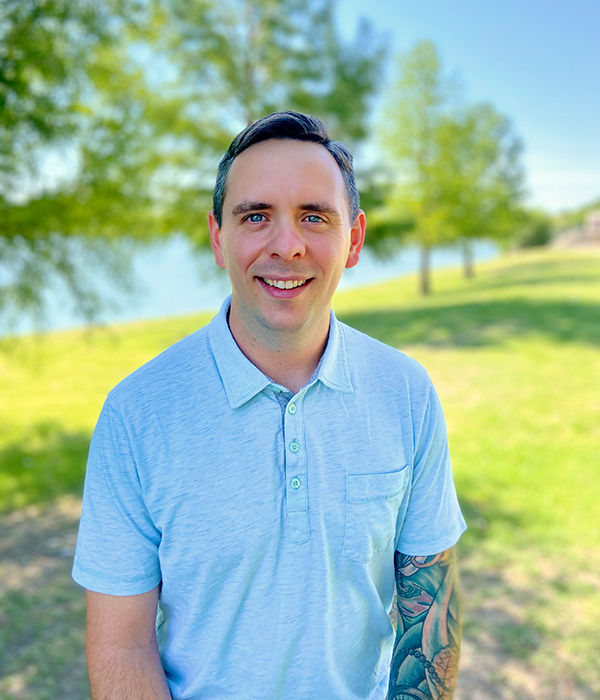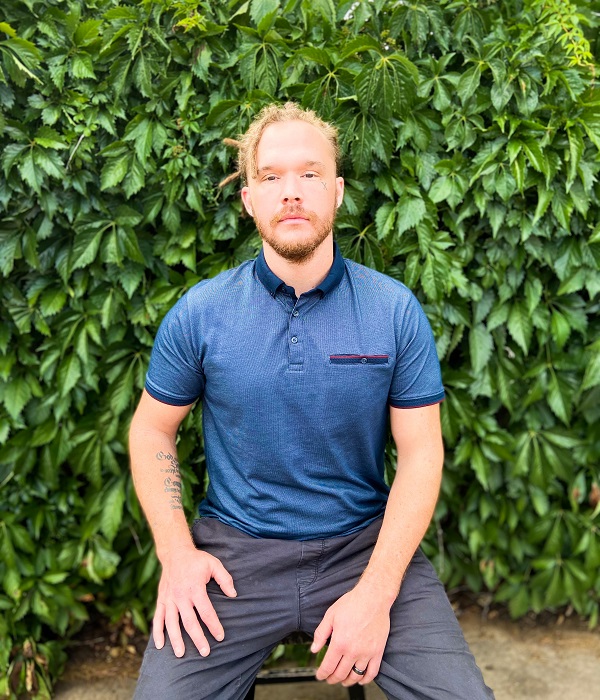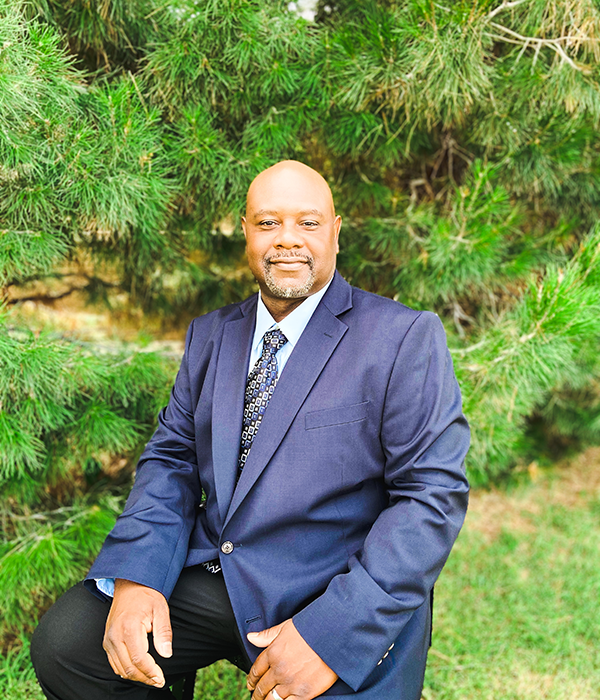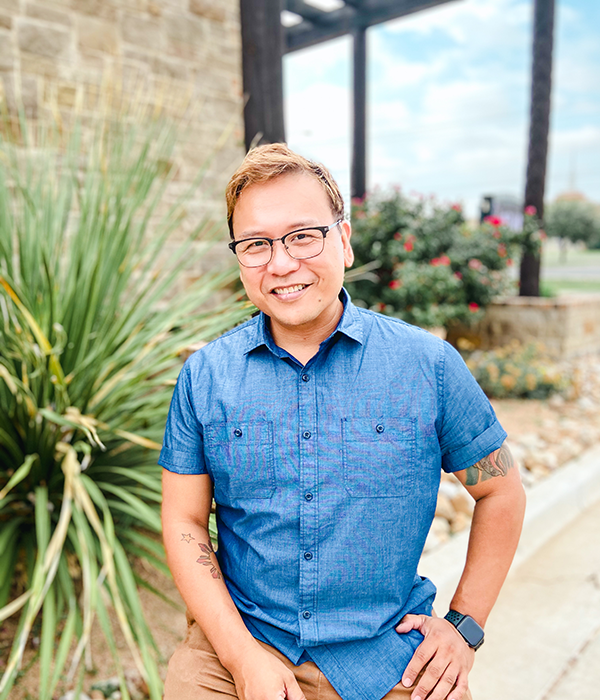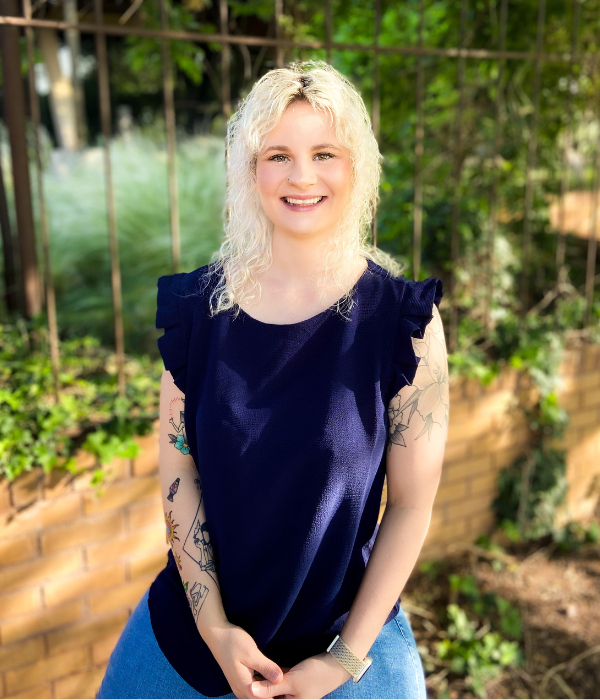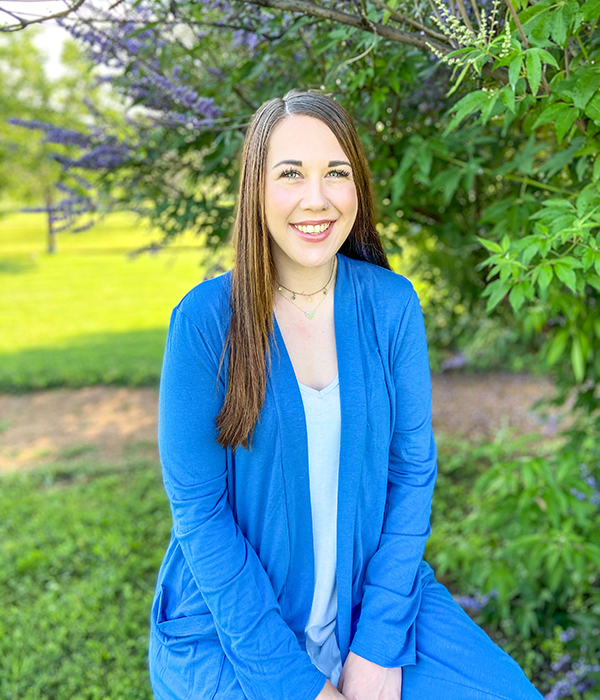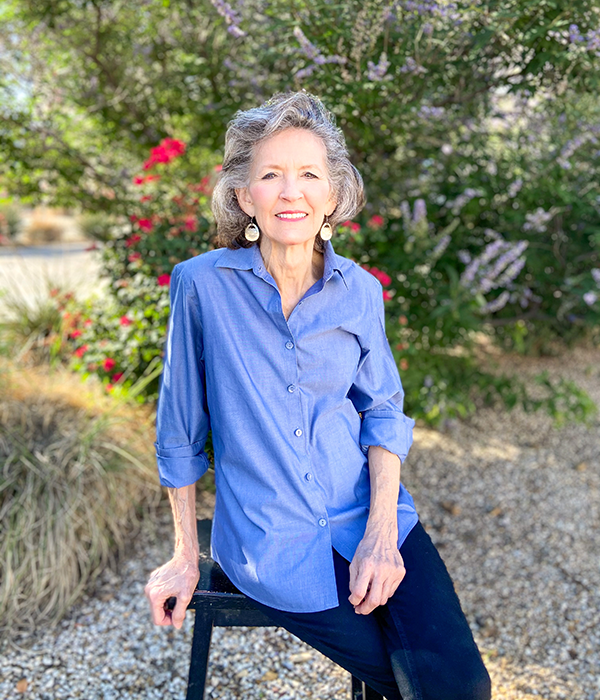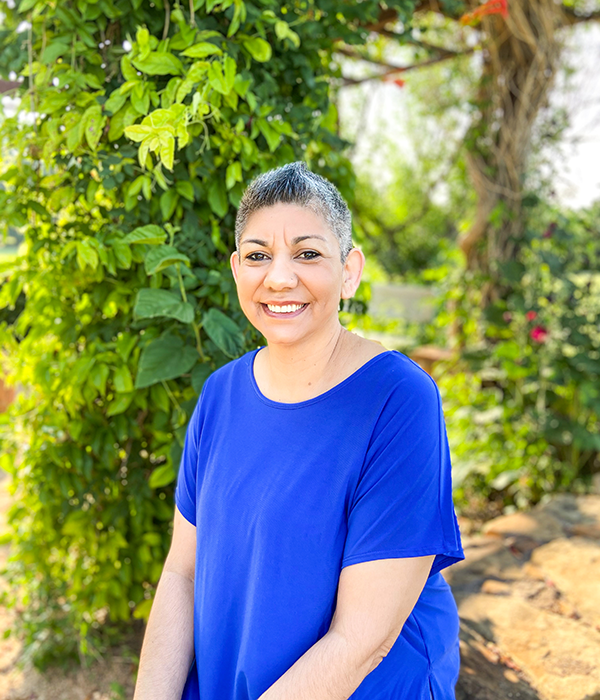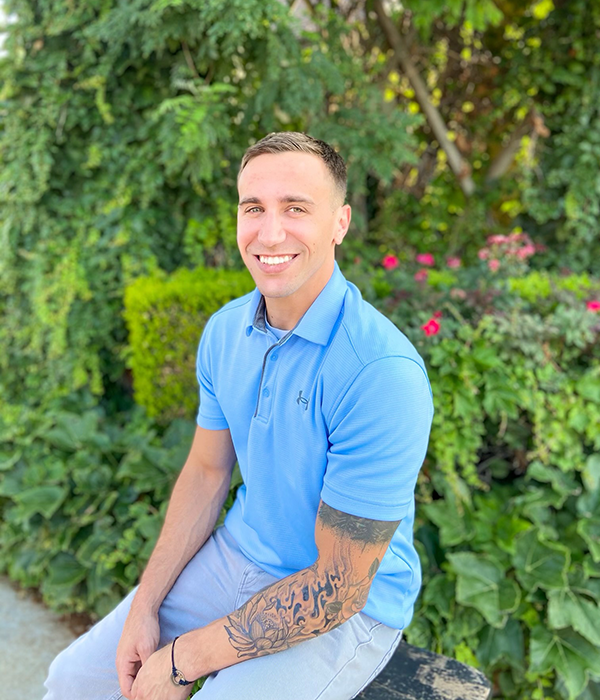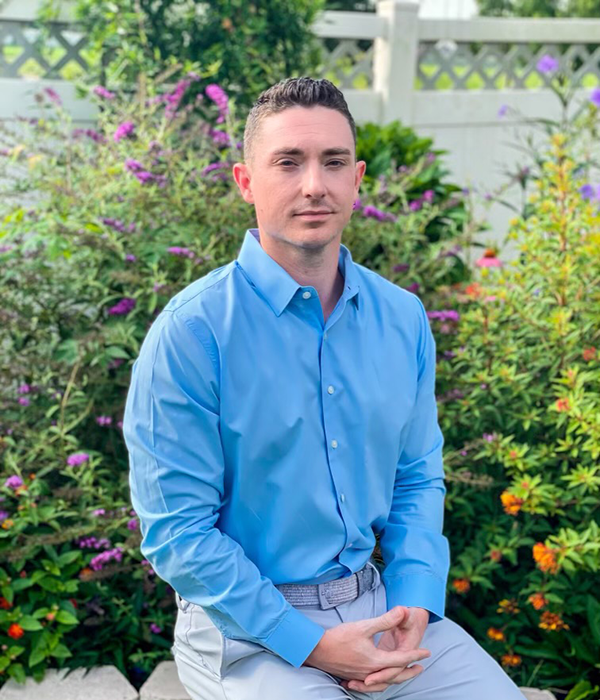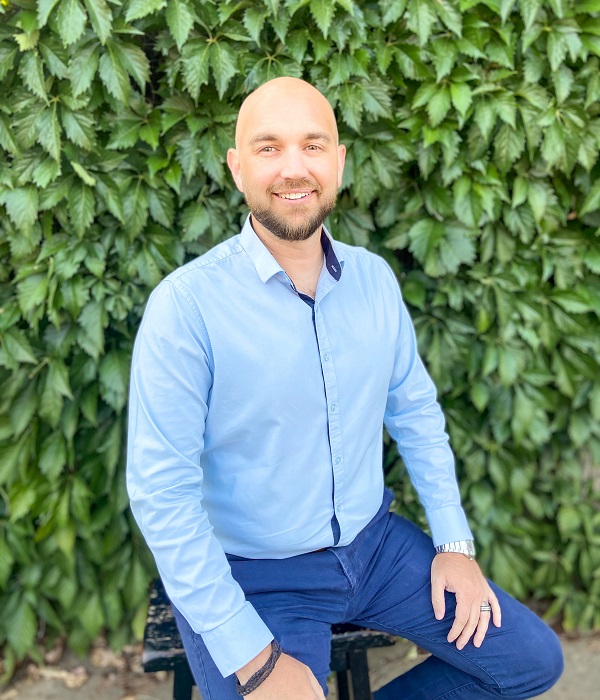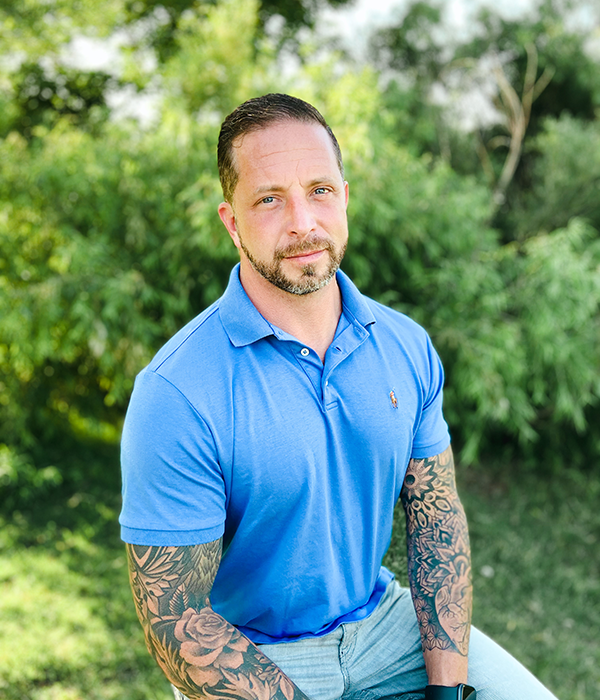Fall is typically considered a festive time of year. This explains why most people get excited about the season. However, many of us are familiar with a different feeling—the darker experience of Fall. It brings about holiday parties and events, most involving alcohol and drugs, Thanksgiving and the expectation of family gatherings; a reality some of us may not have or necessarily enjoy. For these and many other reasons, Fall can present the onset of many uncomfortable emotions and, for those of us in recovery, a need for deeper connections with our sponsors, counselors and sober communities.
Whether it is Parents Day at the university, college football games, Halloween parties and festivities, Thanksgiving or the preparation for Christmas and other religious and family-oriented holidays that brings about added stress, being proactive is key. Why? Because mixed emotions, potentially difficult situations, unresolved issues, surfacing repressed emotions, grief over lost loved ones including alcohol and/or drugs, etc. are perfect catalysts for relapse, if we are not responsible in our recovery.
Responsibility in recovery is about realizing none of these aspects of our lives are reason for relapse. Conversely, they are reason to dig deeper into our personal recovery. We must stay connected with our sober community, contact our sponsors, counselors and/or recovery coaches as often as possible, and not only when we think it is needed. Additionally, we should hold others accountable and constantly reach out—especially to those who are new to recovery—keeping the very real threat of relapse and suicide in the back of our minds.
We are addicts. We must take that very seriously throughout the year and be responsible in our recovery regardless of season. But like a diabetic must prepare for and take added steps to prevent issues resulting from sugar-intake during the candy- and dessert-laden holiday season, we must also be aware and proactive with our disease. If we are not, Fall could easily earn literary irony by presenting so many potential stumbling blocks. However, with personal accountability it could also be the catalyst for a deeper connection and stronger commitment to our recovery.
